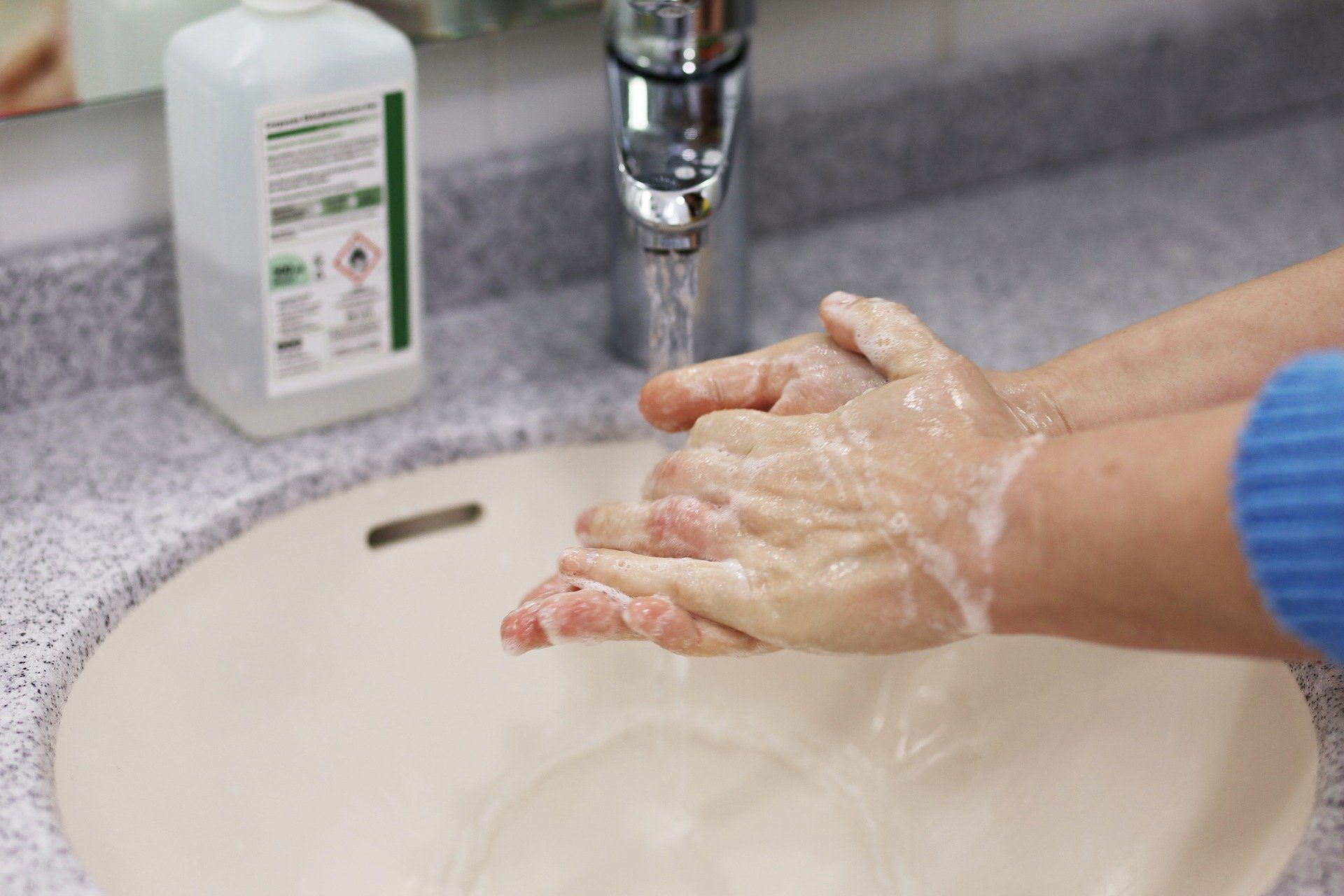This is a stressful time for everyone and we wanted to share some tips on how to stay sane and safe during this time.
The outbreak of coronavirus disease 2019 (COVID-19) may be stressful for people. Fear and anxiety about a disease can be overwhelming and cause strong emotions in adults and children. Coping with stress will make you, the people you care about, and your community stronger.
Stress during an infectious disease outbreak can include
- Fear and worry about your own health and the health of your loved ones
- Changes in sleep or eating patterns
- Difficulty sleeping or concentrating
- Worsening of chronic health problems
- Worsening of mental health conditions
- Increased use of alcohol, tobacco, or other drugs
Taking care of yourself, your friends, and your family can help you cope with stress. Helping others cope with their stress can also make your community stronger.
Ways to cope with stress
- Take breaks from watching, reading, or listening to news stories, including social media. Hearing about the pandemic repeatedly can be upsetting.
- Take care of your body.
- Take deep breaths, stretch, or meditate.
- Try to eat healthy, well-balanced meals.
- Exercise regularly, get plenty of sleep.
- Make time to unwind. Try to do some other activities you enjoy.
- Connect with others. Talk with people you trust about your concerns and how you are feeling.
- Use social media to connect with friends and family to fight loneliness.
Ways to support your child
- Talk with your child or teen about the COVID-19 outbreak.
- Answer questions and share facts about COVID-19 in a way that your child or teen can understand.
- Reassure your child or teen that they are safe. Let them know it is ok if they feel upset. Share with them how you deal with your own stress so that they can learn how to cope from you.
- Limit your family’s exposure to news coverage of the event, including social media. Children may misinterpret what they hear and can be frightened about something they do not understand.
- Try to keep up with regular routines. If schools are closed, create a schedule for learning activities and relaxing or fun activities.
- Be a role model. Take breaks, get plenty of sleep, exercise, and eat well. Connect with your friends and family members.
Check out this link on how to help children cope with emergencies here.
If you, or someone you care about, are feeling overwhelmed with emotions like sadness, depression, or anxiety, or feel like you want to harm yourself or others
- Call 911
- Visit the Disaster Distress Helplineexternal icon, call 1-800-985-5990, or text TalkWithUs to 66746
- Visit the National Domestic Violence Hotlineexternal icon or call 1-800-799-7233 and TTY 1-800-787-3224
Recent Articles
Related Posts










